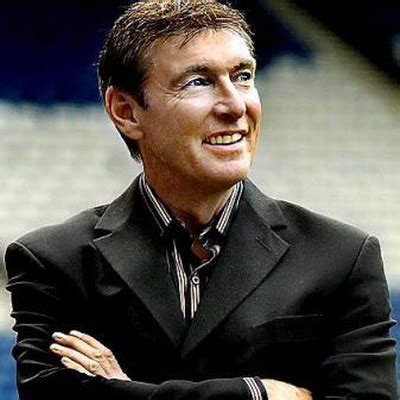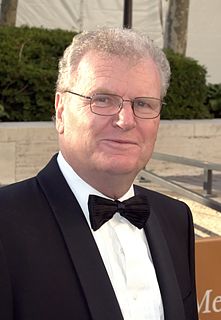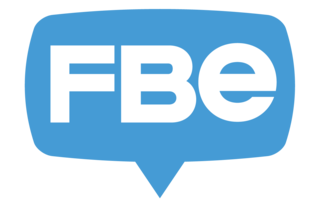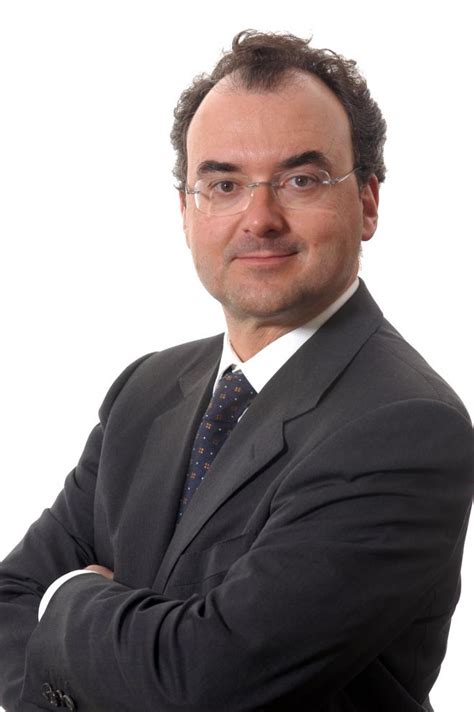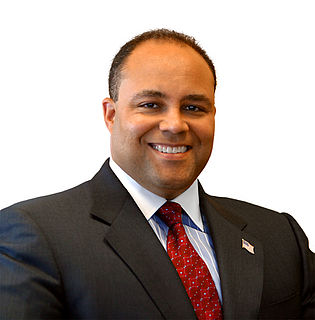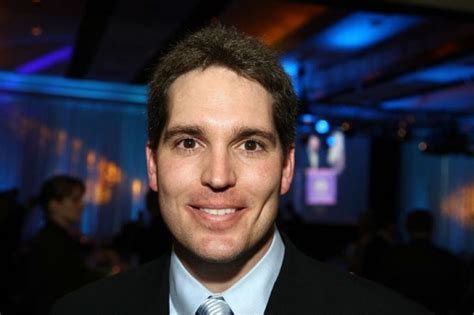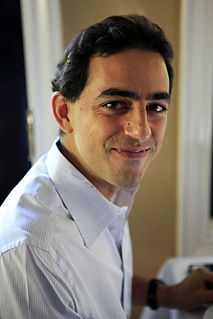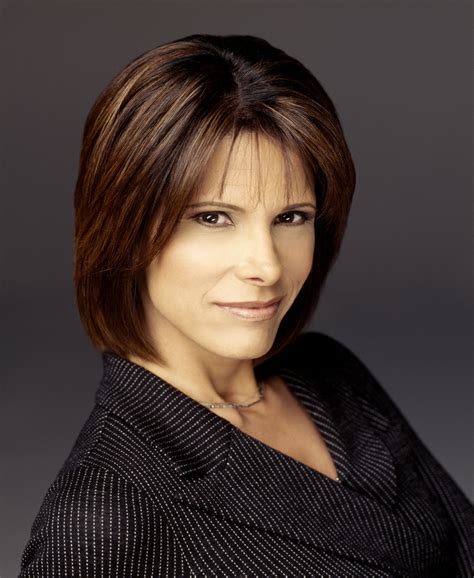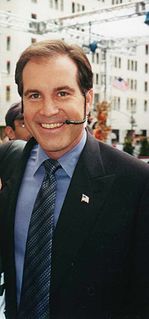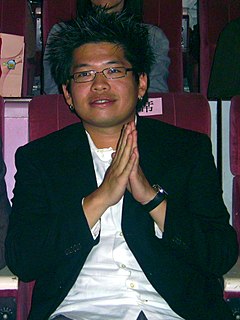A Quote by Michael O'Rielly
During its retransmission dispute, CBS pulled its signal off of certain cable TV systems - and also blocked all Time Warner broadband customers from accessing CBS's Web-based content, even outside the territory of dispute. This is precisely the kind of content-blocking broadband providers are so often accused of but aren't actually doing.
Related Quotes
For Sony, owning a studio is a gamble and probably a pretty good one, now that in the broadband era having content is a great advantage when you sell devices that in a ubiquitous world of distribution can actually show programs, movies, content directly to the consumer. So that you actually create, in a digital world, real synergy.
Broadband connections allow us to access more robust types of content, services, and applications - video chat versus email, or live streaming versus chat, for example. Yet if we look beyond our own personal use, we can see that broadband Internet access is not merely a convenience: it is a powerful force for social change.
I think the problem is, if we foreclose any public justice, then we cut off the virtuous cycle that's represented by law, where there are public decisions which then deter misconduct in the future. We need to have both. We need to have private dispute sy-, systems, and we need to have public dispute systems.
The issue for the major companies is how, is how when and where to make their content online. So you look at these major cable companies, whether it's Disney or Time Warner, News Corp., ESPN, USA, they're being very very careful, about making their content available over the internet, and they're trying to figure it out.

